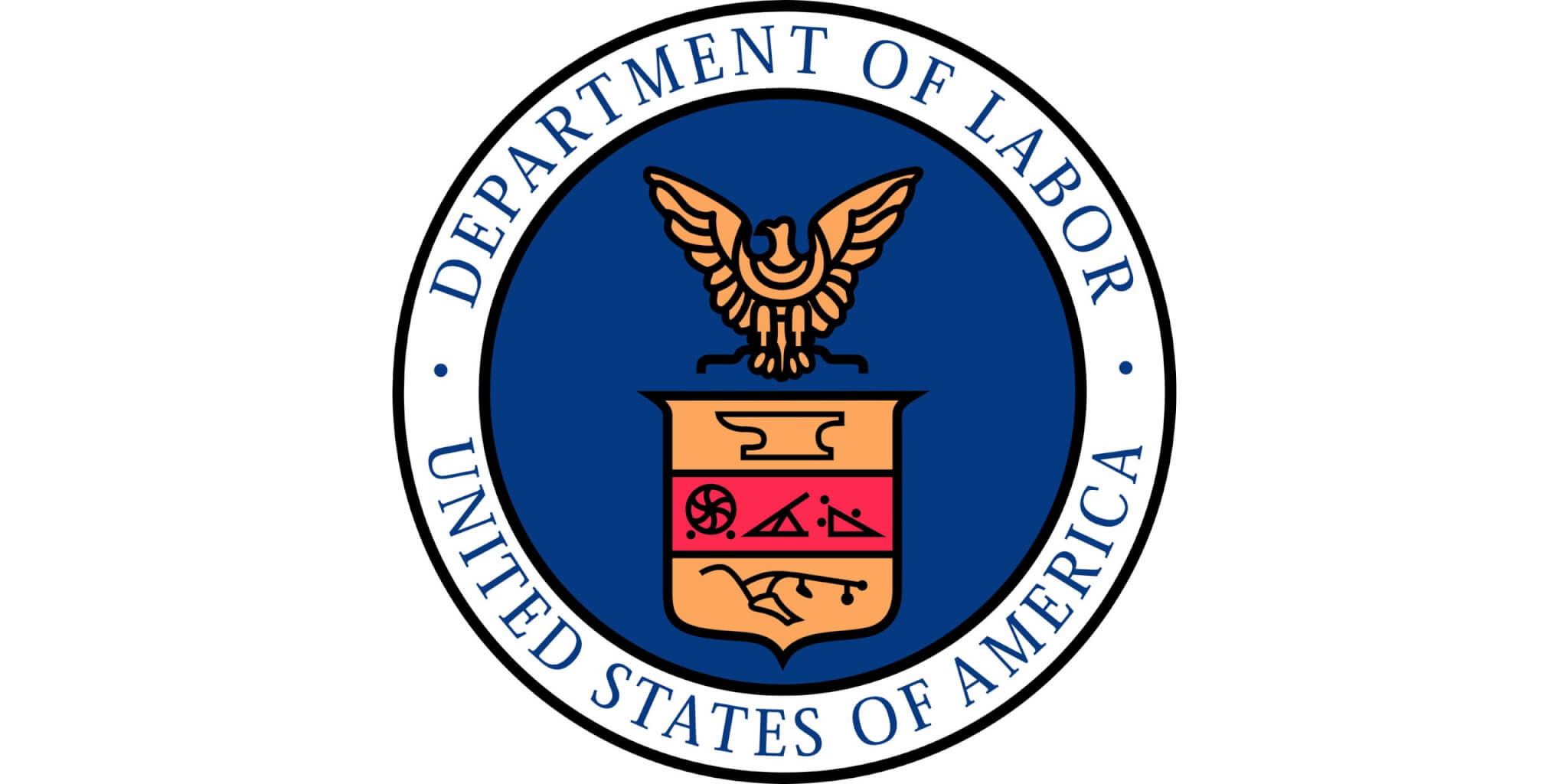
MCAA recently submitted comprehensive comments in support of the Biden Administration’s proposed comprehensive modernization of the Davis-Bacon and Related Acts regulatory provisions. The comments confirm the U.S. Department of Labor’s (DOL) goal of modernizing the Davis Bacon regulations, citing the accretion of regressive policy implementation over the years that sought to avoid giving proper weight to collective bargaining rates in the Davis Bacon wage survey and wage determination process.
MCAA Government Affairs Committee Chairman Jim Gaffney convened a special task force in March on release of the Administration’s Davis Bacon regulation modernization proposal. That task force was comprised of: Chuck Daniel, MCA of Maryland; Chip Mitchell, KDB, LLC.; Carl Neimeyer, Bernward Mechanical & Construction Solutions; Jason Rogers, J.C. Cannistraro, LLC; Bill Schatzman, Modern Controls, Inc.; Adam Snavely, EMCOR Services Poole and Kent Corporation; and Charlie Usher, Ideal Heating Company. That group reviewed and analyzed the full scope of the 105-page regulatory proposal and approved the comments. The proposal also was the subject of a detailed MCAA membership survey that confirmed the task force analysis, resulting in a set of MCAA consensus comments.
Summary of MCAA Comments
The primary elements of the MCAA comments confirm the U.S. Department of Labor’s (DOL) goal of modernizing the Davis Bacon regulations, citing the accretion of regressive policy implementation over the years that sought to avoid giving proper weight to collective bargaining rates in the Davis Bacon wage survey and wage determination process. The primary elements of the proposal address that problem and modernize the process by eliminating the restrictive interpretation of majority rates (restoring the three-step, 30% prevailing rate determination), allowing blending or urban and rural survey response in contiguous market areas, periodically updating weighted average/blended rate wage determinations with the Employment Cost Index escalator, and allowing survey returns on Davis Bacon and Davis Bacon Related Act building and residential projects in the wage determination process.
The proposal also would allow the Wage and Hour Administrator the discretion to adopt state and local wage determinations as Davis Bacon and Davis Bacon Related Act wage determinations if those authorities respect the basic procedures of the DOL’s survey process.
MCAA’s comments note that the previous DOL regressive policies that sought to avoid due recognition of collective bargaining rates in the survey process violated not only properly applied Davis Bacon policy recognizing the most common actual rates, but also denied due regulatory effect to the National Labor Relations Act’s policy of supporting collective bargaining.
The most controversial element of the proposal is the proposed extension of prevailing wage application to off-site fabrication away from the actual site of the work –“secondary sites” where “significant portions” of the project work are fabricated. MCAA’s comments support that extension of the judicial and regulatory rules that have previously allowed the site of work to be expanded to cover adjacent and dedicated facilities in addition to the project work site. MCAA’s comments support the extension of Davis Bacon coverage to off-site shops for the work of fabrication substantial elements of the covered project, with some further restrictions as noted in the comments filed by the United Association – calling for greater specificity and definition of the term “significant portion” of the covered project. MCAA’s comments also note some dissenting views in the MCAA member survey process on the off-site fabrication issue.
Institute for Construction Economic Research (ICERES) and Construction Employers of America (CEA) Comments
MCAA also commissioned, along with the National Electrical Contractors Association (NECA), the Sheet Metal Contractors’ National Association (SMACNA), the Signatory Wall and Ceiling Contractors Alliance (SWACCA), and The Association of Union Constructors (TAUC), an economic analysis of the Administration’s proposal that evaluated the economic analysis supporting the rule by DOL. The ICERES research, based on a preexisting comprehensive body of independent academic research on prevailing wage impact, confirmed DOL’s economic analysis, saying: “Thus the DoL claims on the benefits of adopting the proposal … specifically those related to improved wages, increased productivity, and reduced absenteeism are sustained by the scientific evidence.” [Emphasis added] The CEA comments included with the MCAA and ICERES comments are a comprehensive set of responses to the proposal prepared for SMACNA and CEA by the Minneapolis Felhaber law firm.
Next Steps
The regulatory proposal, and some 40,000 comments will now go under long and hard review by the Wage and Hour Division at the DOL, and after further regulatory analysis at the Office of Management and Budget (OMB) and the Office of Information and Regulatory Affairs (OIRA) at OMB, a final rule incorporating changes from the comments submitted will issue sometime in the future (predictions of just when are impossible at this early stage). When the final rule is issued, depending on how controversial issues (like the site of work issue) are resolved in the comment review period, then it may well be that protracted litigation challenging the DOL changes will ensue immediately in the courts.



